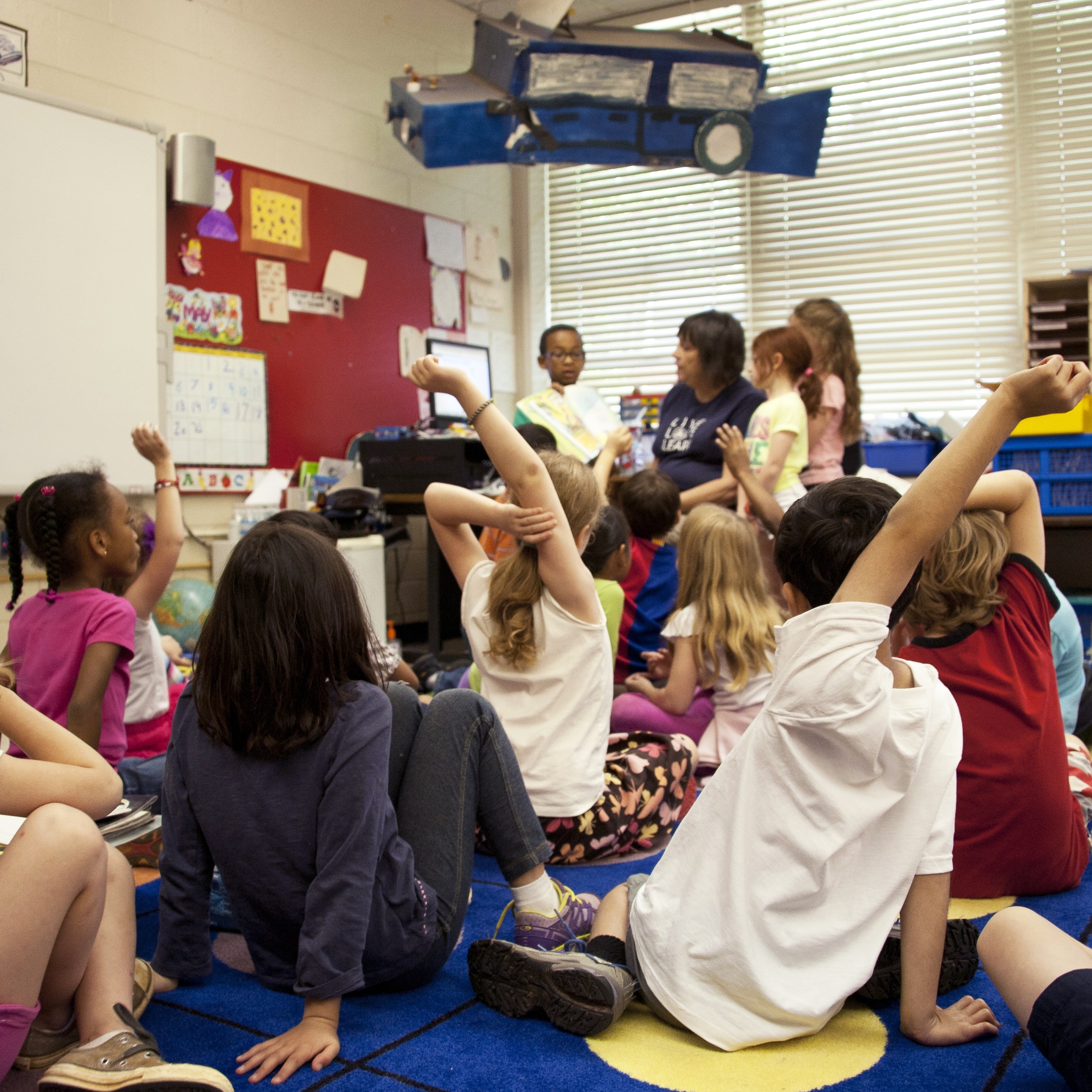
News: Scottish Government criticised for failing to put ventilation strategy into action in schools
Posted 2 December, 2021 by Jennifer Drummond
Concerns over a lack of sustainable options for improving clean air flow in schools has led to calls for the Scottish Government to commit to delivering a credible, long-term ventilation strategy.
The issue was debated in Holyrood yesterday (Wednesday 1 December), with Scottish Labour's call for more commitment and progress receiving support from across the political spectrum.
Opening the debate, Scottish Labour education spokesperson Michael Marra MSP criticised the Scottish Government for their lack of action, suggesting activity so far amounted to “little more than [moving] furniture around”.
Concerns were raised around expectations that airflow would primarily be managed by opening windows. This approach, particularly over winter, was argued to be increasingly impractical, with Parliament told teachers were already reporting classrooms to be “uncomfortably cold”. MSPs in the chamber also highlighted the likely impact of this approach on health and wellbeing and the short and long-term effect on learning.
Restating support for the introduction of mechanical air purifiers in all schools, Mr Marra and parliament colleagues questioned why more had not been done to introduce high articulate particle absorbing (HEPA) filters in every classroom across the country, particularly as a financial commitment had been made to do so.
Speaking in support of her government’s existing approach, Kaukab Stewart MSP, a former teacher, said her understanding from education colleagues was that “mitigations and adaptations were being made”. She cited recent survey results from EIS, Scotland’s largest teaching union, which suggested members “felt ventilation issues were being addressed”.
Scottish Government Cabinet Secretary for Education and Skills, Shirley-Anne Somerville also supported the government’s approach. She reported expert advice not to use HEPA filters as a substitute for natural ventilation and maintained that this would be the ongoing approach promoted for education buildings.
The debate comes a week after teaching union NASUWT wrote to Ms Somerville, highlighting failures around the provision of Co2 monitoring equipment in teaching areas in all schools and criticising the lack of clear guidance about the steps to be taken when poor air quality is established.
